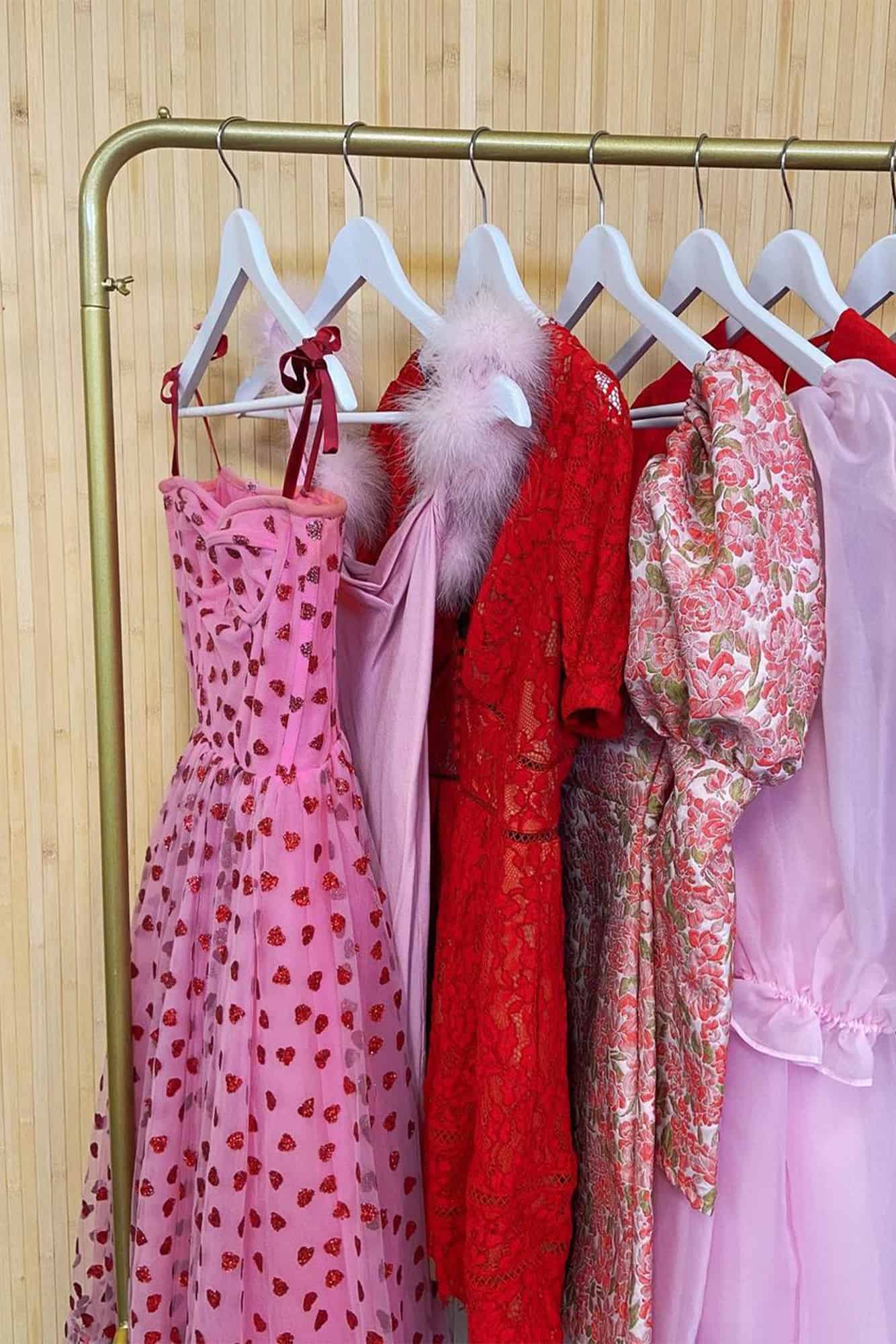Zara is the latest fast fashion business to introduce a resale platform, following Pretty Little Thing earlier this year and – if you can believe it – Shein. Instead of making strides to reduce consumption by releasing fewer products or introducing sustainable practices, fashion brands are increasingly turning to this strategy as a response to consumers’ environmental concerns. The result? Words like preloved and resale are losing their positive connotations, instead becoming synonymous with the implications of greenwashing.
Let’s cut to the chase: consumers haven’t asked for more resale initiatives, but it seems retailers are trying to replicate the success of apps such as Depop, Vinted and even the original e-commerce market, eBay. In short, resale by fast fashion businesses is cash grab. The trouble is these new platforms are without community or style. Depop has its own culture, created by its users and communicated with passion on social media, especially TikTok where Gen Z uber fans want to share their digitally thrifted hauls. #Depop has two billion views, and #DepopHaul has 49.6 million views. Vinted’s tag has 1.7 billion views.
You may also like
Zara’s platform – Zara Pre-Owned – is set to launch on 3 November and rather than being a traditional marketplace app, it will offer repairs and donations. The news comes days after Chinese fast fashion platform Shein introduced its peer-to-peer resale website, Shein Exchange, to US customers.
While these initiatives have the ability to limit the amount of clothing ending up in landfills, they don’t combat the issue of overconsumption, which is being fuelled by influencers. Fast fashion resale might sound like a step forward, but it’s really two steps back. It’s not making tangible, sustainable change that results in garment workers getting fair wages and shifting consumer attitudes.
Getting people to adopt a new platform is insanely difficult, and from what I can see, none of these brands are putting anywhere near the resource into influencer campaigns for resale that they are into promoting their latest drops. Actually building out a robust marketing strategy to make resale part of their shopper’s culture and customer journey would make a lot of sense. But so far all we have are marketplaces without meaning – and nobody needs another one of those.
By Caroline Edwards, news and features writer for CORQ. Picture credit: Zara.










Inside the world and success of Shein, where anyone can be an influencer